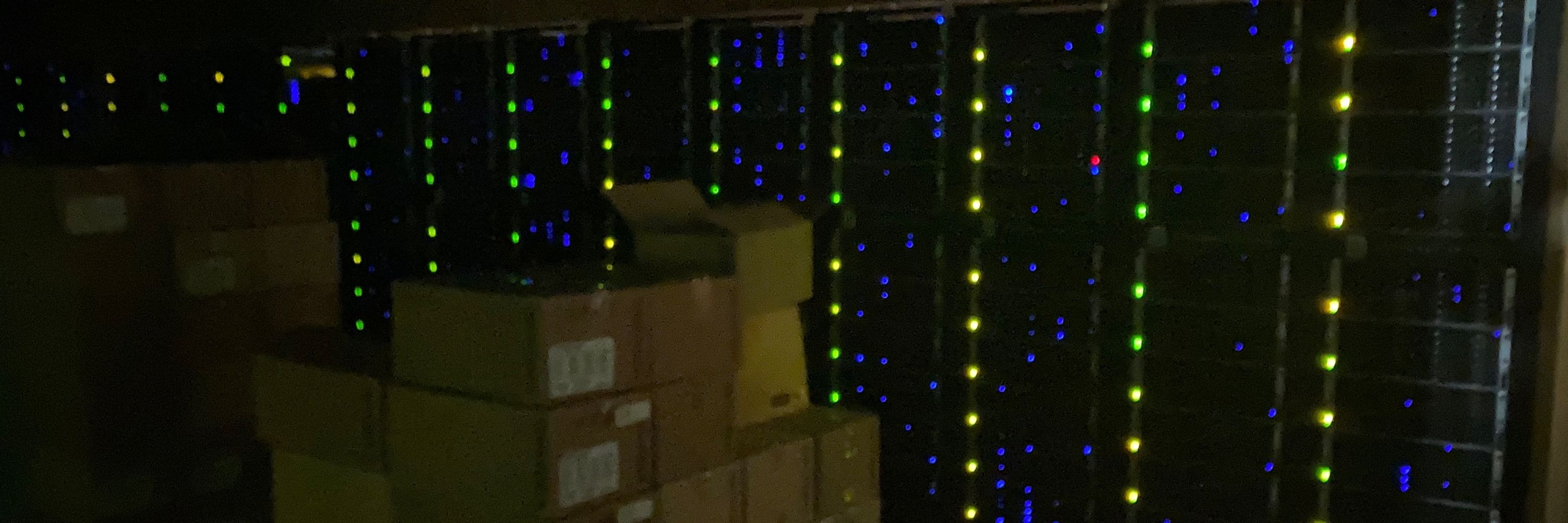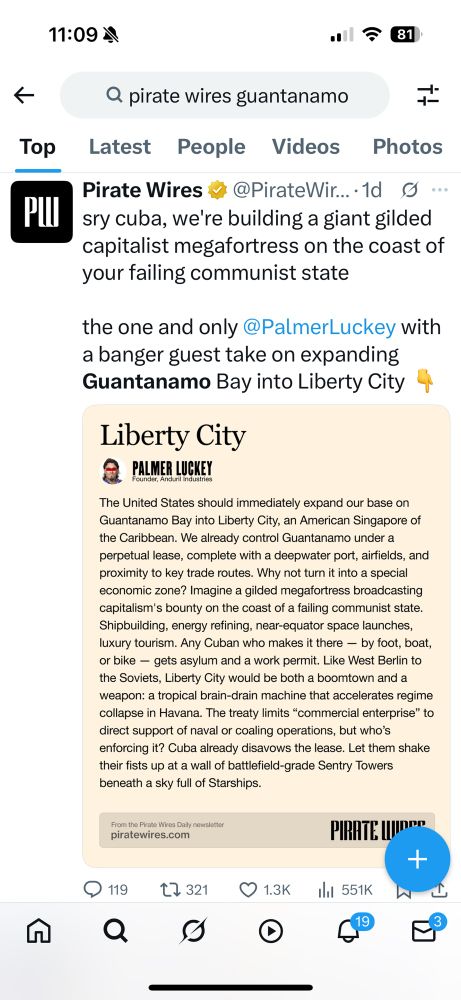Nanna B Thylstrup
@nannathylstrup.bsky.social
2.4K followers
1.5K following
260 posts
Associate Prof @ University of Copenhagen. Author of: "The Politics of Mass Digitization" (MIT Press), editor of "Uncertain Archives: Critical Keywords for Big Data" (MIT Press) and "(W)archives: Archival Imaginaries, War, and Contemporary Art" (Sternberg)
Posts
Media
Videos
Starter Packs
Reposted by Nanna B Thylstrup
Reposted by Nanna B Thylstrup
Lori Emerson
@loriemerson.net
· 12h
Reposted by Nanna B Thylstrup
Reposted by Nanna B Thylstrup
Reposted by Nanna B Thylstrup
Reposted by Nanna B Thylstrup
Reposted by Nanna B Thylstrup
Reposted by Nanna B Thylstrup
Reposted by Nanna B Thylstrup
Reposted by Nanna B Thylstrup
Reposted by Nanna B Thylstrup
Reposted by Nanna B Thylstrup
Reposted by Nanna B Thylstrup
Reposted by Nanna B Thylstrup





























